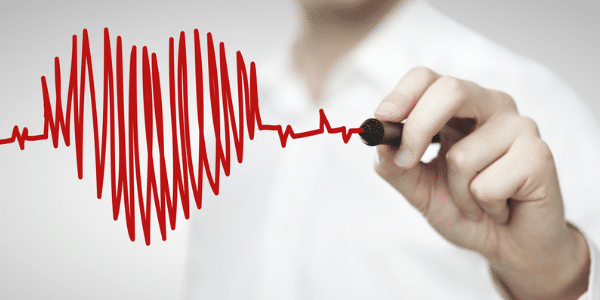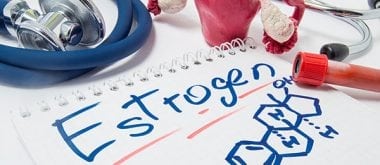Menopause can precipitate or exacerbate a medical condition known as atherosclerosis. However, there are some preventive measures to reduce the risk of developing the disease.
What is Atherosclerosis?
Atherosclerosis is a cardiovascular problem that occurs when products like fat and cholesterol build up inside the arteries to form plaque- a hard, sticky substance that sticks to blood vessel walls. When buildup occurs, arteries can become blocked. Such blockages may eventually lead to serious, potentially life-threatening illnesses like heart attacks, strokes, blood clots, and peripheral artery disease.
What is Menopause?
Considered a life stage more than an illness, this event occurs when a woman’s ovaries and other reproductive organs gradually cease production of sexual hormones such as estrogen and progesterone. When the menopausal cycle is completed, a woman will no longer experience menstrual cycles or possess the ability to bear children. Typically, menopause begins in women in their late 40s or early 50s. Menopausal women might experience a host of symptoms resulting from decreased hormonal production.
The Connection Between Menopause and Atherosclerosis
Young and pre-menopausal women usually secrete normal systemic concentrations of estrogen. Among the many health benefits, this hormone is known for its ability to inhibit the buildup of fat and cholesterol inside the body. Therefore, younger women without other risk factors for the development of atherosclerosis may be safe from the condition until menopause. Once a woman enters menopause, however, her body no longer produces enough estrogen to provide such protection, increasing the risk of atherosclerosis.
Preventative Measures

Knowing Individual Risk Factors
Women with specific risk factors might develop the condition long before reaching menopausal age. Those women with a family history of cardiovascular disease or who have high blood pressure have an increased probability of developing atherosclerosis at a younger age or at any other time of their lives.
Avoid Potentially Dangerous Vices
Engaging in habits like cigarette smoking and excessive alcohol consumption can precipitate high blood pressure, weight gain and lung damage. Any of these conditions could exacerbate or accelerate the onset of atherosclerosis.
Exercise
Physical activity helps individuals maintain a healthy weight, burn excess calories and help the body utilize oxygen with greater efficiency.
Control Any Precipitating Illnesses
There are several medical maladies that could precipitate atherosclerosis, including but not limited to an underactive thyroid (hypothyroidism), high blood pressure, and diabetes. Corralling the advancement of any of these health concerns can prevent or curb the progression of atherosclerosis. Some medical professionals advise menopausal women to receive frequent tests for these ailments.
Consume a Healthy Diet
All women, especially menopausal, post-menopausal and those with atherosclerosis risk factors should consume a diet restricting or void of potentially harmful products like sodium, fat, sugar and cholesterol. These substances can foster the growth of fat and contribute to the development of potentially complicating conditions.





